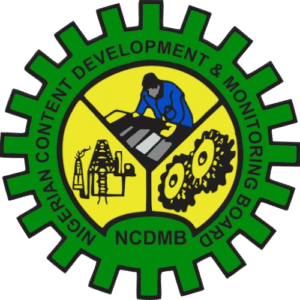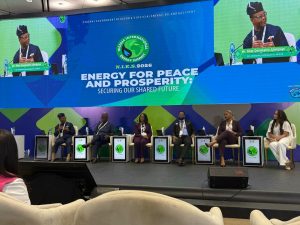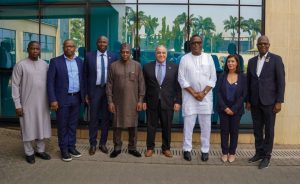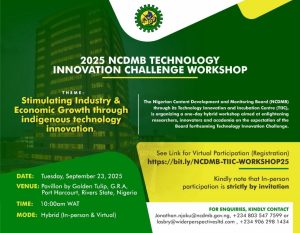The National Assembly has been advised to consider the peculiarities of various sectors of the economy while enacting Local Content legislation for sectors like construction, information technology, power and others.
The Executive Secretary Nigerian Content Development and Monitoring Board (NCDMB) Engr Simbi Kesiye Wahote made the recommendation while delivering a lecture at the 5th edition of the Valuechain Magazine Lectures and Awards held on Monday in Abuja. He spoke on the topic, ‘the impact of Nigerian Content Law: Taking a cue from the successes in the Nigerian Oil and Gas Industry’,
He noted that the success and accomplishments recorded in the implementation of the Nigerian Oil and Gas Industry Content Development (NOGICD) Act had prompted the clamor by various stakeholder for the extension of the law to other sectors.
He canvassed that the considerations of the Bill to extend the Local Content Law to those sectors must adopt a bespoke approach to cater for the peculiarities of those sectors in order to achieve success.
The recommendation is coming on the heels of ongoing efforts by the National Assembly to enact the Nigerian Local Content Development and Enforcement Bill 2020 to create a local content legislation for other key sectors of the national economy.
The Executive Secretary who was represented at the event by the Head, Legal Services of the Board, Barr. Naboth Onyesoh, hinted that President Muhammed Buhari had reinforced the local content practice in the oil and gas industry through his total support for the Board’s programs as
well as by issuing the Executive Orders (EO: 003 & 005) which aim to promote local content in the public procurements and projects.
In his words “there is no question about the imperative of extending local content law to other sectors. Interestingly, this patriotic desire is being expressed from different perspectives. Each of bills have their merits and concerns; the concerns would require relevant stakeholder inputs and collaboration to sort out and to make progress”
“Much as it does not lie only in our mouth as a Board to determine the shape or form the proposed legislative intervention would take, the Board strongly aligns with the call to extend the Nigerian Content Law to other sectors. However, based on our experiences in 12years of implementing the current law and the peculiarity of the oil and gas industry, we think that it would be more efficient and successful to adopt a bespoke approach, which would consider the peculiarities of the various sectors intended to be covered” he concluded.
He maintained that the Board has been pragmatic in implementation of the Nigerian Content Law in the oil and gas industry to support in the critical task of nation-building and for the actualization of some of the federal government’s policies and initiatives under President Muhammed Buhari. He stressed that the Board’s activities have been geared towards the drive for job creation, implementation of the decade of gas, ease of doing business, diversification in the context of the economic recovery and growth and plan (ERGP).
While commending the efforts of Valuechain magazine, Onyesoh noted that the publication’s story resonates with that of the Board because it tells of the positive impact of a small organization within a relatively short period of time. He said, “the publisher has made significant impact on the media landscape and the oil and gas sector. He noted that the magazine had carved a niche for itself by taking up the task of providing solutions by presenting credible information and education to empower Nigerians to participate actively in the oil and gas industry.
Discover more from Nigerian Content Development & Monitoring Board
Subscribe to get the latest posts sent to your email.










